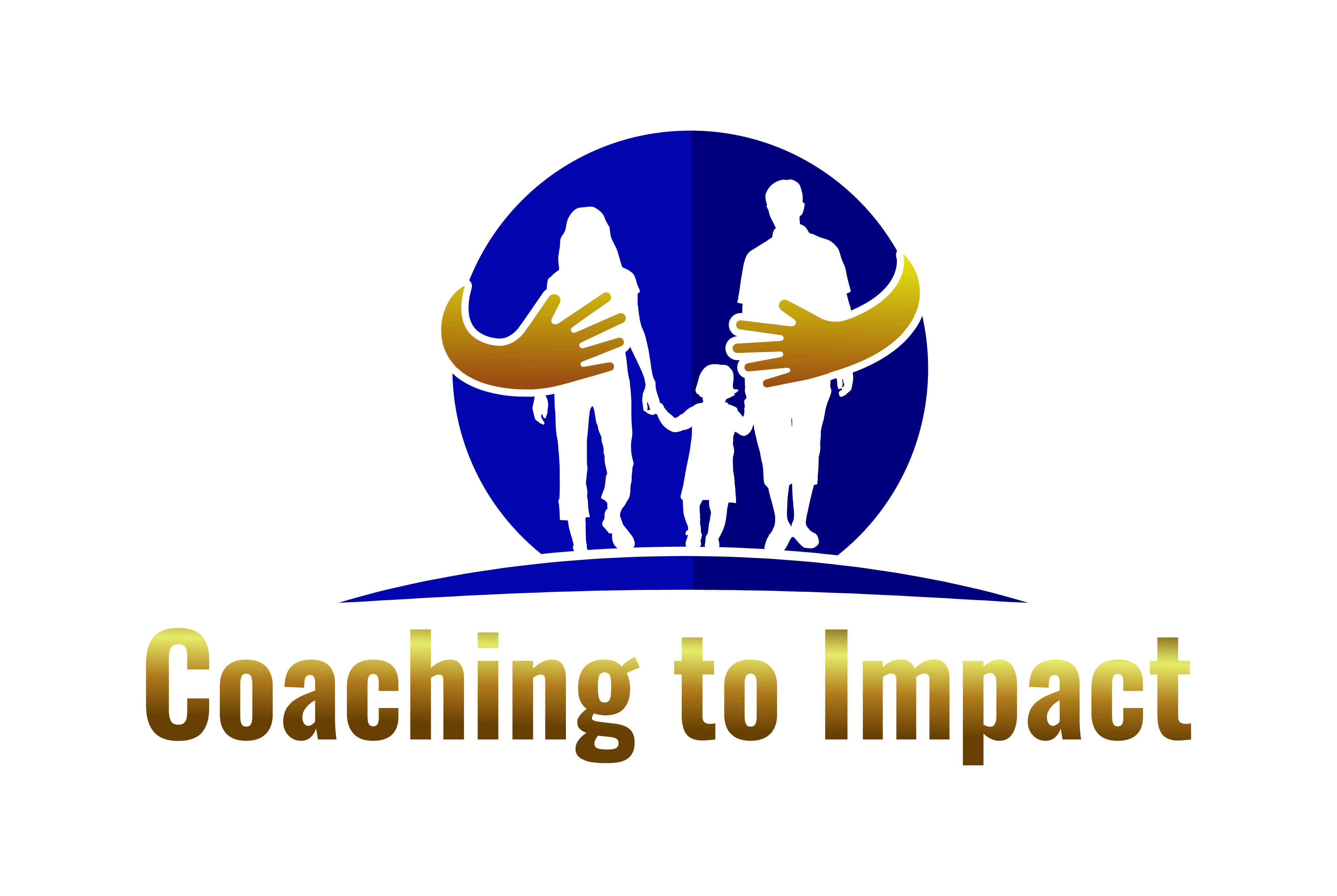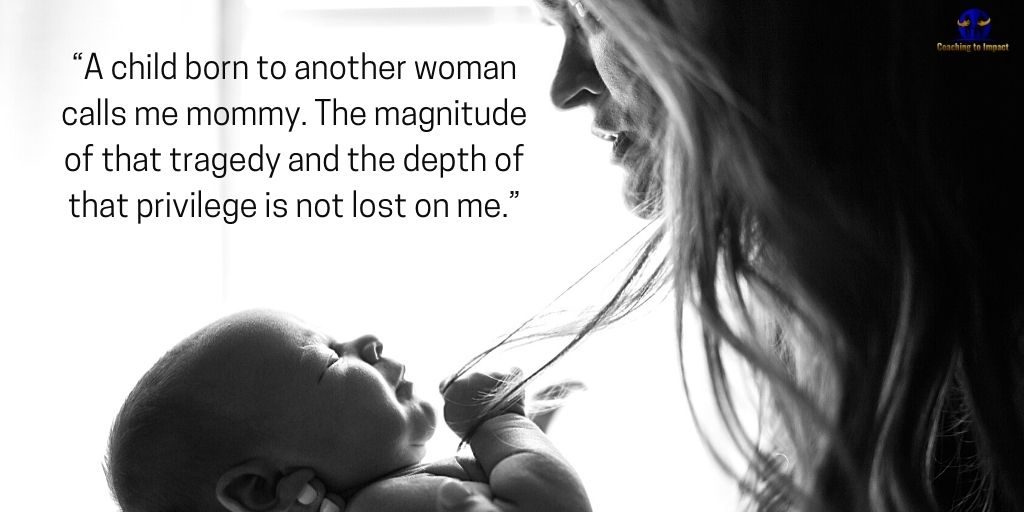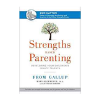How to Overcome Adoption Issues
We understand how adoption can impact all parties within the adoption space. It’s time to hear testimonies from all parties within the adoption constellation because we understand the purpose of adoption is generally an effort to protect the child. Every adoption perspective has its own set of circumstances that impact the adoptees’ ability to perform effectively and in a socially acceptable manner.
Actually, each member within the adoption triad has a different experience, and the outcome is impacted by how we manage our lives and adjust in the adoption story. The adoptee faces varying degrees of emotions, trauma, and stress, impacting their lives from infancy. The Adoption Triad is where you will listen to the experiences of birth mothers, adoptees, and adoptive parents because every voice from every angle has value. Adoption is a lifetime experience with its unique rewards and difficulties that the adoptive parent, birth mother, and the child may encounter at some point in your journey. Even when adoption is a beneficial experience for the adults, the adoptees may cope with core issues like grief and loss, confidence and identity, or even emotional and learning challenges. This discussion is an overview of the emotional discourse in adoption and the impact on the child. Please contact us at theadoptiontriad@gmail.com if you are interested in sharing your story.
Grief, Separation, and Loss
While it may be challenging for adoptive parents to comprehend, most adopted children experience sensations of grief and loss related to their adoption. They may face the loss of their birth parents and siblings, grandparents, and extended family. Older children who are adopted later in life may regret the loss of foster families, friends, and familiar schools or neighborhoods.
Feelings of grief and loss and additional emotions linked to the grieving process such as anger, denial, anxiety, and fear, may increase when children feel that others cannot comprehend or accept that they are grieving. These problems may occasionally appear or at major emotional events later in the adoptee’s life, such as the birth of a child or death of a parent.
Feelings of grief and loss may contribute to fear of abandonment or rejection, commitment problems, behavioral issues, and fear of future losses, affecting the evolution of friendships and relationships. Grief may also become more intricate by guilt when an adopted child feels disloyal to their adoptive parents by grieving their birth family. Everyone handles grief and loss in their own way and at their own time, and some children may need additional support as they acknowledge and accept these difficult emotions.
Self-esteem and Identity
Adoption can come with some challenges for children as they struggle with the identity formation process, especially in adolescence. Adoptees with insufficient knowledge about their birth families and the motives their birth parents decided for adoption may particularly encounter troubles in identity development.
Identity development issues may appear as adopted children cope with integrating into their adoptive family. Some adoptees may perceive themselves as different, undesirable, or rejected. Others may fight to fit in with their adoptive families or with their non-adopted siblings who know more about their backgrounds and are more confident in their identities. Identity issues may be further enhanced if their race or heritage isn’t similar to their adoptive family.
Children who feel rejection or try to find their place among their peers or family members often experience lower self-esteem and could benefit from counseling or therapy assistance to address these issues.
Attachment Difficulties, School Troubles, and Other Mental Health Challenges
Older adopted children who experienced trauma such as neglect, abuse, various foster care placements, or institutional care earlier in their childhood may have further developmental, social, and emotional problems. Some research implies that these children may be at higher risk for attention deficit hyperactivity disorder (ADHD), substance abuse, learning disabilities, depression, anxiety disorders, and attachment disorder. Most children struggle to develop trusting bonds with adoptive parents if they encounter prior abuse, neglect, or institutionalization.
Children who have endured trauma or coping with developmental or mental health issues may find beneficial counseling and support services. These kinds of families should seek additional education and support to handle these problems with their children.





